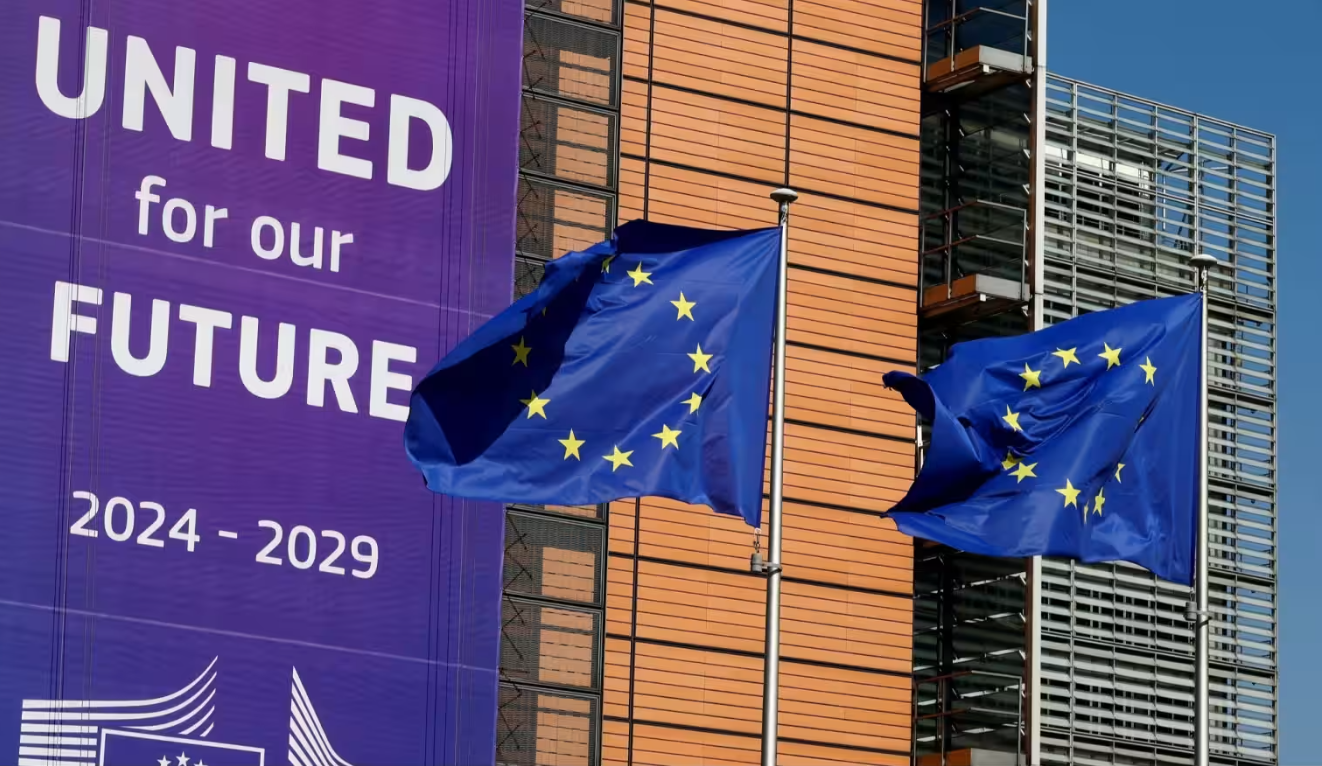
Lucio Blanco Pitlo III, President of Philippine Association for Chinese Studies, and Research Fellow at Asia-Pacific Pathways to Progress Foundation
Apr 22, 2025
For many nations, a highly profitable trade relationship with the United States is now no longer a given. With President Trump’s tariff agenda looming over the world, how is Asia planning for a future where the U.S. may not be so open for business?

Sourabh Gupta, Senior Fellow, Institute for China-America Studies
Dec 13, 2024
Donald Trump’s trade policies have been characterized by an aggressive use of tariffs, driven by his belief in balancing bilateral trade and prioritizing American production. While these measures have reshaped trade dynamics and escalated protectionism within the U.S., they have also inadvertently strengthened China's global economic position and highlighted the limitations of decoupling efforts.
Zhang Monan, Deputy Director of Institute of American and European Studies, CCIEE
Nov 07, 2018
Will the U.S. introduce the clause excluding non-market economies into other international trade frameworks?

Jiang Shixue, Professor and Director, Center for Latin American Studies, Shanghai University
Jul 05, 2018
Big countries should not bully small ones, neither should small countries bully big ones.

Hugh Stephens, Distinguished Fellow, Asia Pacific Foundation of Canada
Oct 31, 2017
In a non-NAFTA world, Canada and the U.S. will still continue to trade and the U.S. will continue to be Canada’s largest trading partner, albeit under somewhat different rules. The real change will be psychological. In the eyes of many in Canada, the U.S. can no longer be trusted to play by the rules, and to assume its traditional role as a champion for liberalized trade. Against this backdrop, Canada and China are going through the preliminary stages of launching their own trade negotiations.